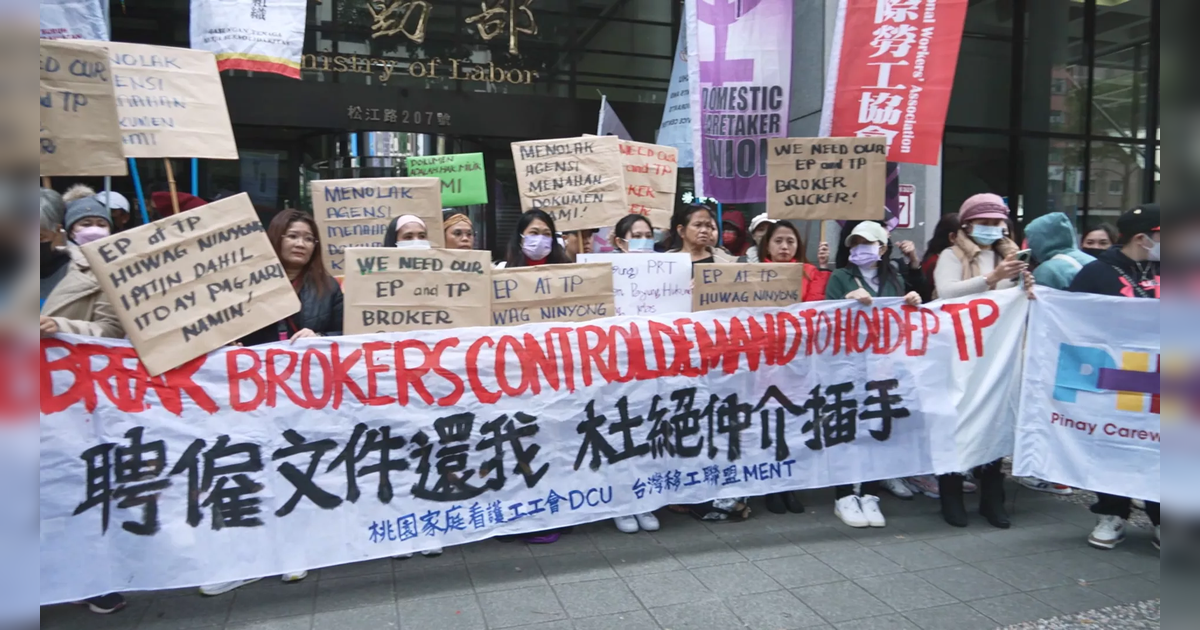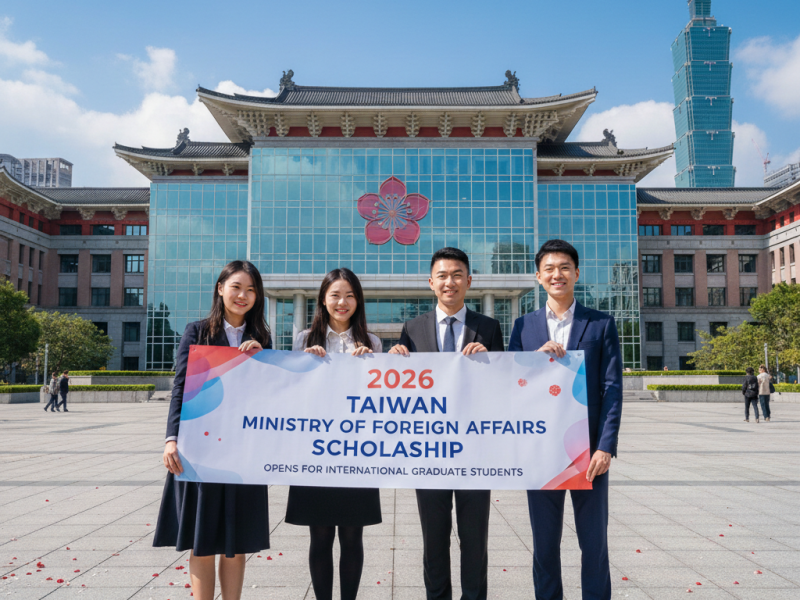August 12, 2025 – Taipei
Migrant worker rights advocates are urging the Ministry of Labor (MOL) to issue a clear legal interpretation of the Labor Union Act after reports surfaced that a manpower broker allegedly intimidated foreign workers at a Taoyuan chemical plant to deter them from joining a labor union.
The appeal was made Tuesday during a rally outside the MOL as the ministry’s Tribunal for Unfair Labor Practice and Arbitration Committee prepared to hold its second hearing on the case.
Wu Chia-ching (吳家慶), a consultant for the Taoyuan Confederation of Trade Unions (TCTU), said the group recently received a complaint involving the Yangmei branch of a chemical manufacturer. According to Wu, migrant workers—mostly from the Philippines and Indonesia—had been pressured to withdraw their union applications.
Last year, the union began accepting migrant members due to a decline in local hires, receiving more than 30 applications. However, on the day the union notified the company of their intention to join, a broker allegedly sent a staff member to the union office in an attempt to confiscate over 10 of the applications.
Wu claimed that brokers justified their actions by telling workers that they already had access to the 1955 labor assistance hotline and broker services, and therefore did not need to pay additional union fees. He added that many migrant workers fear retaliation from brokers, recalling an incident in which a broker’s staffer struck a worker with enough force to push him backward.
Following the confrontation, 15 workers—mostly Indonesians—rescinded their applications, though about 20 chose to remain in the union. Wu said some employers see migrant participation in unions, particularly those affiliated with larger Taiwanese labor groups like the TCTU, as a threat.
TCTU Secretary Tracy Sun (孫語謙) referenced the Gender Equality in Employment Act, noting that courts have recognized manpower brokers as representatives of employers in past cases, including those involving sexual harassment of migrant workers. She called on the MOL to clarify Article 35 of the Labor Union Act to explicitly define brokers as employer representatives, thereby ensuring they are held accountable under the law.
Other organizations, including Ganas Community and the Taiwan International Workers’ Association, also joined the rally in support of the migrant workers.
Responding to the concerns, MOL official Tsai Sheng-chieh (蔡勝傑) stated that Article 35 aims to prevent employers or their representatives from using their positions to suppress unions, infringe on workers’ rights to organize, or interfere in union operations. Tsai added that if the tribunal determines the brokers’ actions violated the article, the ministry will impose fines in accordance with the law.
This case has become a key test of Taiwan’s labor protections for migrant workers and the role of brokers in shaping workplace rights.



